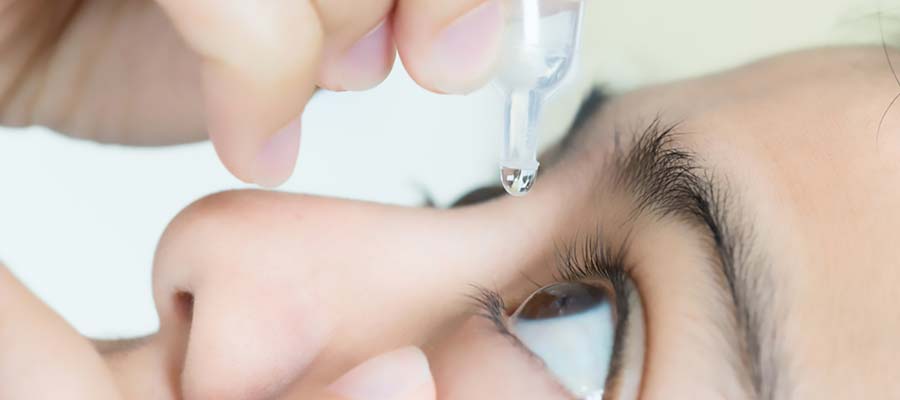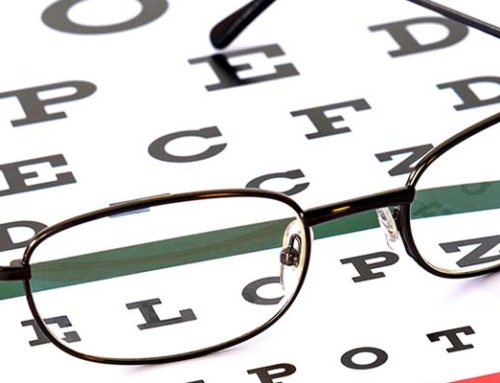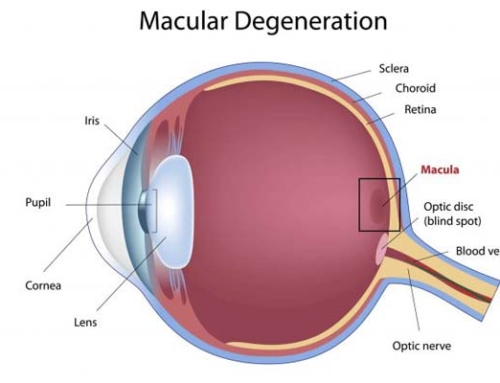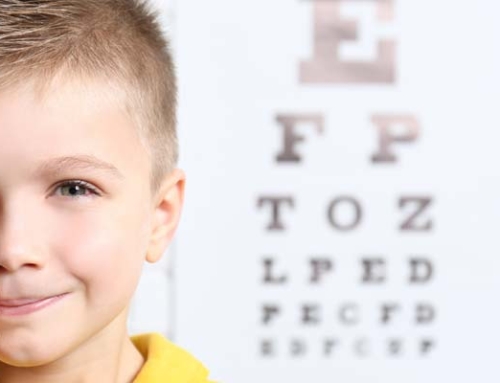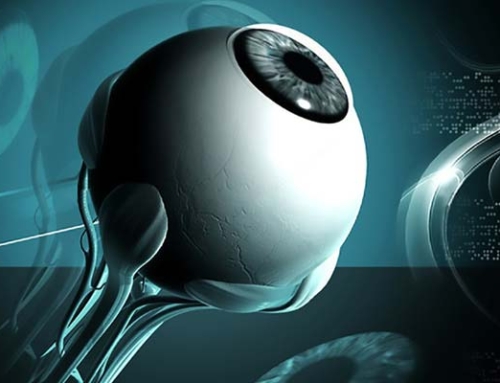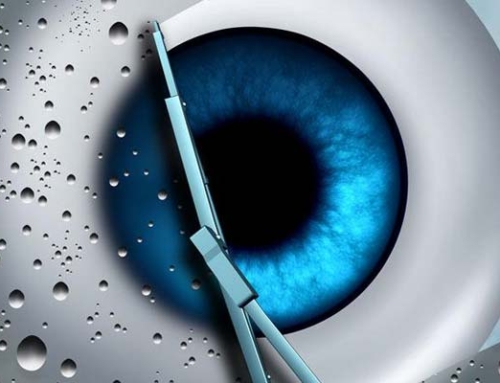Alcohol is an intoxicating agent that has serious effects on the health of an individual. Drinking alcohol in moderate quantities does not have any long-lasting effects on eyes but repeated episodes of heavy drinking can have much deleterious impact causing permanent vision impairment. The way an individual’s body responds generally depends on the amount of alcohol consumption and the body’s threshold but most likely an individual will have the symptoms of drowsiness and blurred vision. These symptoms are for the time being and often disappear shortly once the alcohol consumption is stopped or reduced. Regular consumption of alcohol can put excessive strain on eyes leading to life-changing eye conditions and even blindness. The various ill effects of alcohol on the eyes include:
Dryness of eyes: Alcohol consumption even in moderate amounts can aggravate the symptoms of dryness in eyes, burning sensation, redness and sensitivity to light. Dry eyes are even more prone to itching and eye infections.
Weakening of eye muscles: Excessive consumption of alcohol over a prolonged period damages the brain cells and affects the functioning of neurotransmitters that send signals around the body. Delay in the interaction between the brain and the eyes lead to weakening and improper functioning of eye muscles. This can often lead to double vision and decreases the reaction time.
Liver damage: Alcohol can cause permanent liver damage and prevent the absorption of vitamins required to keep the eyes healthy.
Increased sensitivity to light: Alcohol makes the eyes more sensitive to light, which can lead to migraine and headaches.
Optic nerve damage: Excessive alcohol consumption can damage the optic nerve that transmits visual images to the brain. This can lead to early loss of vision and decreased color vision.
Increased redness of eyes: Bloodshot eyes are seen in heavy alcohol users that may be due to the dilatation of blood vessels that supply the eyes. As a result of this, the eyes look red.
Slow pupil reaction: Alcohol decreases the speed of constriction and dilatation of the iris. This may cause a problem in alcoholic drivers as they cannot adapt quickly to the high beam headlights.
Age-related changes: Alcohol in excess can produce age-related macular degeneration of eyes.
Fetal alcohol syndrome: Alcohol consumption in excess during pregnancy can damage the optic nerve and causes permanent damage to eyesight in babies.
Rapid eye movements: Increased involuntary back and forth movements of eyeball are due to the result of excessive drinking of alcohol.
Increased rate of cataract formation: Rate of cataract formation increases in alcoholics as compared to non-alcohol drinkers.
Many of the side effects of alcohol on eyes subside of their own but long term effects often need medical intervention and treatment. The reaction of alcohol in the body varies from person to person but it is always essential to keep a check and limit the consumption of alcohol. Also, for all these reasons you should never drive or operate any machinery while using alcohol as the effects on your acute vision could cause serious problems. Keep in mind that not only does alcohol affect you today, but it could also affect your future health, so please drink in moderation.

